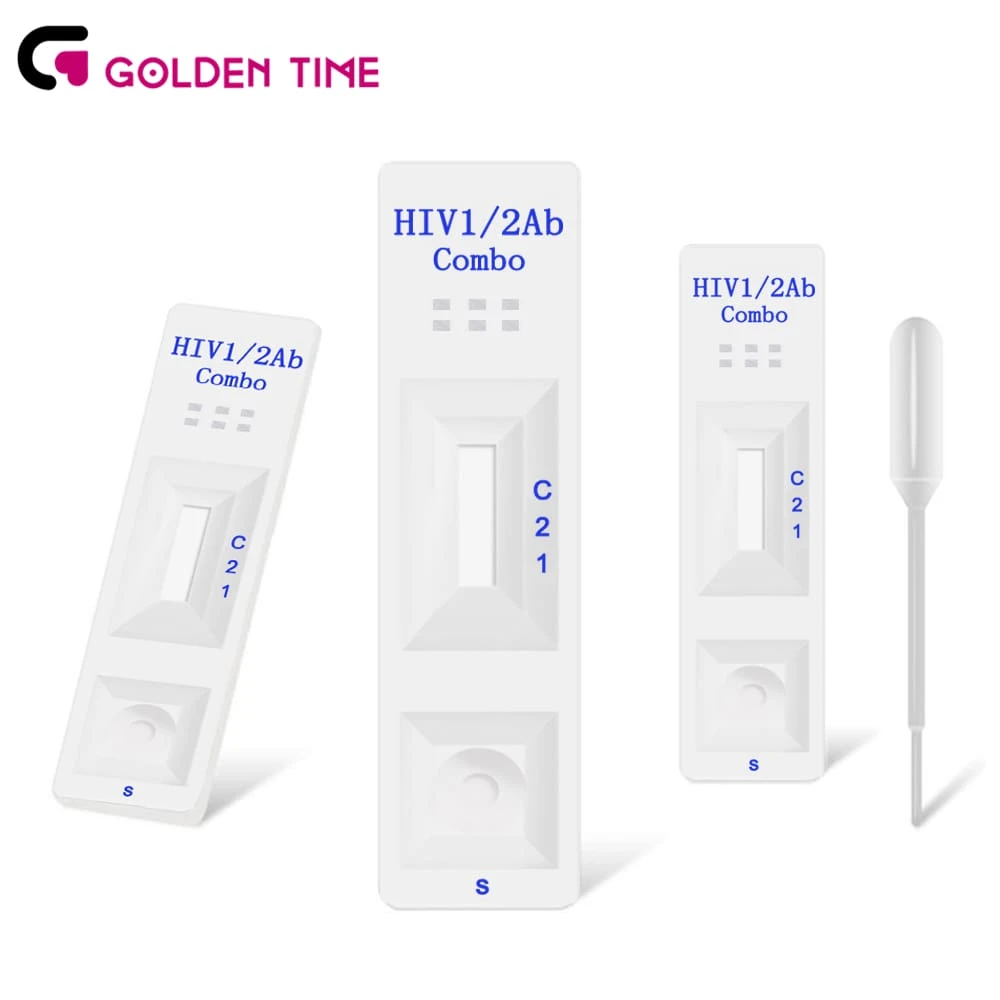Feb . 13, 2025 17:12 Back to list
COVID-19 (SARS-CoV-2) Antigen Test Kit
Navigating the complexities of healthcare diagnostics often feels daunting, particularly with the overwhelming number of testing options available today. Among these, the 2019-nCoV antigen test emerges as a crucial tool in the ongoing challenge to contain COVID-19. Engineered with cutting-edge technology, this test offers rapid, reliable insights into the presence of the SARS-CoV-2 virus, pivotal for both individual healthcare and public health strategies.
In terms of trustworthiness, the manufacturing standards and validation processes for the 2019-nCoV antigen test adhere to rigorous international benchmarks. Each batch undergoes strict quality control to ensure reliability and accuracy, a commitment reflected in the transparency of the data provided by manufacturers. This dedication to quality is critical in maintaining public confidence and facilitating widespread acceptance and adoption. For product developers and healthcare providers considering the integration of antigen tests, there are several factors to weigh. These include understanding the target population, evaluating the logistics of test distribution and administration, and remaining updated on evolving guidelines and recommendations from health authorities. Furthermore, comprehensive training for those administering the tests can enhance accuracy and ease anxiety, ensuring a smooth operational process. The 2019-nCoV antigen test stands as a testament to the intersection of technological innovation, scientific rigor, and practical application. Its role in the broader public health response to COVID-19 cannot be overstated, offering an efficient and economical approach to testing that meets the demands of today's fast-paced environment. As new variants emerge and our understanding of the virus evolves, continuous research and development will be pivotal in enhancing the test's efficacy. In conclusion, the 2019-nCoV antigen test remains a cornerstone of pandemic control efforts. Its rapid results, ease of access, and proven accuracy make it an invaluable resource for governments, healthcare systems, and individuals alike. By continuing to invest in the quality and reach of these tests, we bolster our collective capacity to navigate the ongoing challenges posed by COVID-19 and fortify defenses against potential future outbreaks. With a robust testing strategy that includes antigen tests, communities can better manage infection rates, protect vulnerable populations, and ultimately, save lives.


In terms of trustworthiness, the manufacturing standards and validation processes for the 2019-nCoV antigen test adhere to rigorous international benchmarks. Each batch undergoes strict quality control to ensure reliability and accuracy, a commitment reflected in the transparency of the data provided by manufacturers. This dedication to quality is critical in maintaining public confidence and facilitating widespread acceptance and adoption. For product developers and healthcare providers considering the integration of antigen tests, there are several factors to weigh. These include understanding the target population, evaluating the logistics of test distribution and administration, and remaining updated on evolving guidelines and recommendations from health authorities. Furthermore, comprehensive training for those administering the tests can enhance accuracy and ease anxiety, ensuring a smooth operational process. The 2019-nCoV antigen test stands as a testament to the intersection of technological innovation, scientific rigor, and practical application. Its role in the broader public health response to COVID-19 cannot be overstated, offering an efficient and economical approach to testing that meets the demands of today's fast-paced environment. As new variants emerge and our understanding of the virus evolves, continuous research and development will be pivotal in enhancing the test's efficacy. In conclusion, the 2019-nCoV antigen test remains a cornerstone of pandemic control efforts. Its rapid results, ease of access, and proven accuracy make it an invaluable resource for governments, healthcare systems, and individuals alike. By continuing to invest in the quality and reach of these tests, we bolster our collective capacity to navigate the ongoing challenges posed by COVID-19 and fortify defenses against potential future outbreaks. With a robust testing strategy that includes antigen tests, communities can better manage infection rates, protect vulnerable populations, and ultimately, save lives.
Latest news
-
China Sterile Nylon Flocked Throat Swabs: Superior Sample Collection
NewsAug.25,2025
-
COVID-19 Rapid Antigen Test Kit: Accurate & Fast Home Results
NewsAug.24,2025
-
Premium Cassette Lateral Flow Devices for Rapid Diagnostics
NewsAug.23,2025
-
Pregnancy Test Calculator: Know Your Weeks, Week by Week
NewsAug.22,2025
-
Malaria Pf Ag Rapid Test Kit - Quick & Accurate Detection
NewsAug.11,2025
-
Accurate Cardiac Marker CK-MB Rapid Test for Quick Results
NewsAug.10,2025

